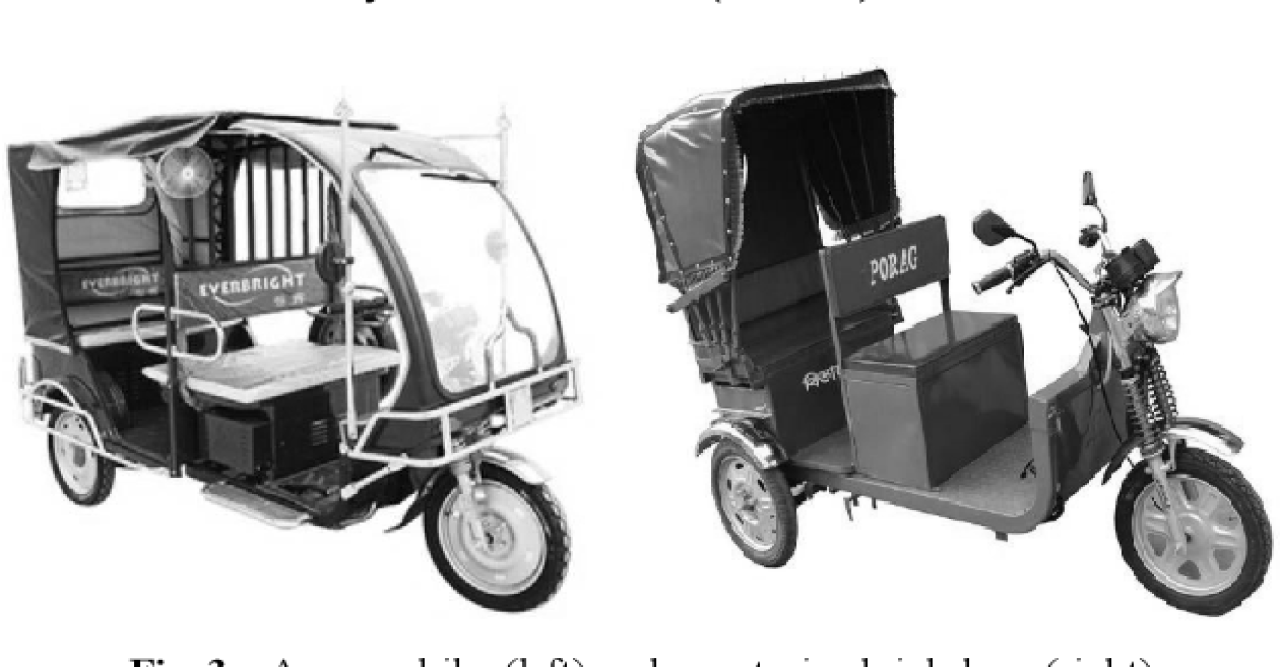
Three-wheelers consume 5 percent of the country's electrici
Mohin Talukder প্রকাশিত: ০৮ এপ্রিল, ২০২৫, ০৮:৩৮ এএম

Stakeholders at a workshop on Tuesday called for sustainable management of batteries as electric three-wheelers have grown rapidly consuming more than 5.0 per cent of the country's electricity.
The battery market for millions of electric three-wheelers is expected to reach around Rs 87 billion (USD 871 million) in 2022.
There are 3-4 million electric three-wheelers in the country – EZ bikes, mixers and e-rickshaws; More than 112 million people move every day.
The industry has major challenges with end-of-life cycle management of lead-acid batteries; Primary technology used in electric mobility in Bangladesh.
There are potentially viable solutions to this challenge, including the adoption of high-quality lead-acid batteries and alternative technologies including improved energy density, innovative business models and sustainable practices.
The speakers said these things at a workshop titled 'Working with the Battery Industry on Solutions for Quality, Sustainability and Market Access' at a hotel in Dhaka to dig deeper into this issue, a joint initiative of Pure Earth Bangladesh and the United Nations Conference on Trade and Development. (UNCTAD).
The workshop was moderated by Amrita Kundu of Georgetown University in Washington DC and Professor Erica Plumbeck of Stanford University.
Each EZ bike battery contains 125 kg of lead, 15 times that of a car battery. Annually recycled, they generate 167,000 tonnes of lead waste, often informally, causing pollution and health hazards.
Research shows that more than 20 percent of Bangladesh's population lives within 5.0 kilometers of informal melting sites, with a 6.0 percentage point increase in pregnancies among those living nearby.
Two-thirds of Bangladeshi children, about 36 million children, have high levels of lead in their blood, which impairs intelligence, hinders education and future earning potential, and causes cardiovascular and renal disease.
Mahfuzar Rahman, country director of Pure Earth Bangladesh, said that about 60 percent of children in Bangladesh are affected by lead pollution, resulting in about 140,000 heart disease deaths among adults.
Henrique Pacini, Economic Affairs Officer, UNCTAD said that the informal recycling of lead acid batteries used in three-wheeler e-mobility creates persistent pollution and toxicity, which has a huge impact on the environment and health of current and future generations.
Meanwhile, a lack of battery quality control and high import duties and taxes on battery imports have led to widespread local recycling, often resulting in very poor-quality batteries, the speaker noted.
A set of EZ Bike batteries costs over 72,000 rupees (USD 650) but lasts only 8-11 months. This short life leads to a high recycling rate and increased lead contamination. It also increases the operating costs of EZ bikes, affecting the livelihoods of millions of drivers and vehicle owners, businesses say.
With only 30 percent of used lead acid battery (Ulab) recycling being formal, the tax revenue loss for the government has reached USD 91 million per year, they added.
The workshop was attended by representatives of Asian Development Bank, Asian Infrastructure Investment Bank, International Growth Center, Advanced Energy Technology of USAID-BADGE, ICDDR, B, Accumulators Battery Manufacturers and Exporters Association of Bangladesh, senior officials of various local battery companies.
